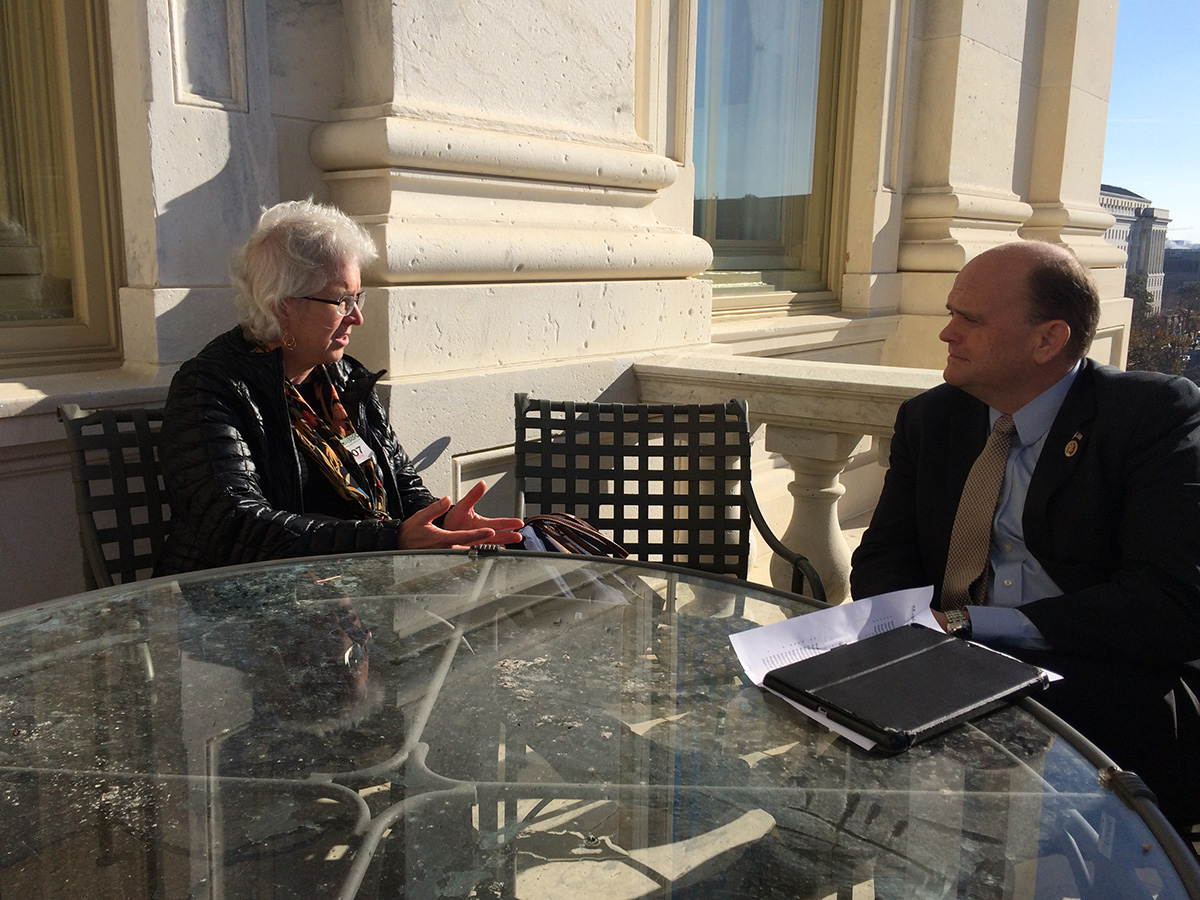University ensures continued funding for DACA students
By Nancy Doolittle

Graduate and undergraduate students with Deferred Action for Childhood Arrivals (DACA) status can go on winter break knowing that Cornell is steadfast in its commitment to continue their funding and financial aid whether or not their DACA status continues under the new presidential administration.
Barbara Knuth, senior vice provost and dean of the Graduate School, announced Dec. 12 that graduate students who hold DACA status and receive funding through the university (e.g., teaching assistants, research assistants and those receiving fellowships) will continue to receive funding for the complete length of time they were offered in their admissions letters, assuming satisfactory academic progress. DACA status provides federal work authorization, which is required to receive funding through an assistantship.
Under the DACA program, more than 740,000 undocumented young people brought to the U.S. as children have registered with the federal government in exchange for temporary relief from the possibility of deportation and a two-year renewable work permit. The program was begun in 2012 through executive action by President Barack Obama; if President-elect Donald Trump ends the DACA program – as he suggested during his presidential campaign – those students would lose work authorization.
“If DACA is discontinued and Cornell graduate students lose the ability to acquire federal work authorization, they will receive fellowship funding [which does not require federal work authorization] instead of an assistantship to honor the funding commitment they received when admitted to Cornell,” Knuth said.
Cornell promised to support undergraduate students with DACA status in a Nov. 22 statement by Interim President Hunter Rawlings, which said, in part: “We are determined to ensure that all can participate fully and freely in the life of the institution, that we embrace the diversity represented by those who join our campuses, and that we support and defend the most vulnerable among us. All currently enrolled undergraduate DACA students will continue to be eligible for need-based financial aid, and new applicants (including transfers) with DACA status will be considered in the domestic aid pool for their entire undergraduate enrollment at Cornell.”
Cornell is actively advocating for policies on behalf of all DACA students. Rawlings recently joined more than 500 university and college presidents in signing an open letter calling for the continuation and expansion of the DACA program, and in a recent trip to Washington, D.C., Knuth met with Rep. Tom Reed, R-N.Y., and Lucy Panza, Sen. Charles Schumer’s, D-N.Y., immigration staffer, to discuss a legislative solution for DACA students.
Through Panza, Knuth encouraged Schumer to consider sponsoring the Bar Removal of Individuals who Dream and Grow Our Economy (BRIDGE) Act, recently introduced by Sens. Lindsay Graham, R-S.C., and Richard Durbin, D-Ill. The BRIDGE Act would put DACA recipients into a new type of status, “provisional protected presence,” and would be expanded to include eligible individuals who have not yet applied for DACA status. Those individuals who agree to pay a reasonable fee, undergo a criminal background check and meet several eligibility criteria would be given employment authorization for three years.
Knuth also encouraged Reed to work in the House of Representatives for legislation similar to the Senate’s BRIDGE Act.
“In this time of uncertainty, we want our students to know that Cornell supports them and is there for them,” Knuth said. “We especially want our DACA students to feel they have an advocate for them and all they are achieving at Cornell.”
Media Contact
Get Cornell news delivered right to your inbox.
Subscribe